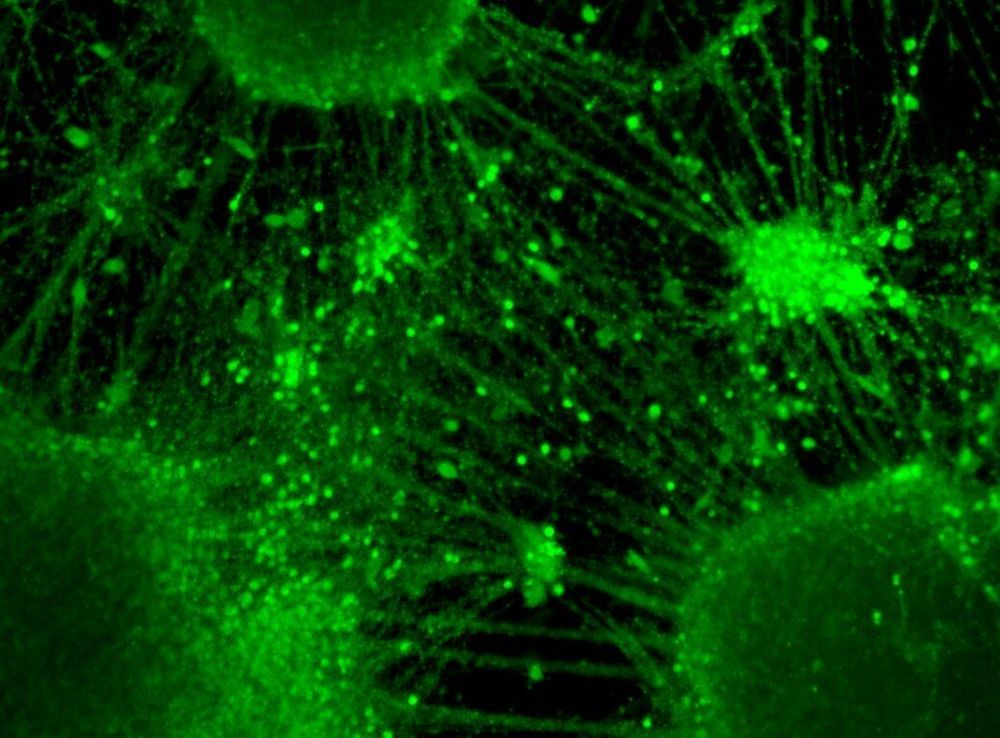Cerebral organoids are artificially grown, 3D tissue cultures that resemble the human brain. Now, researchers from Japan report functional neural networks derived from these organoids in a study publishing June 27 in the journal Stem Cell Reports. Although the organoids aren’t actually “thinking,” the researchers’ new tool—which detects neural activity using organoids—could provide a method for understanding human brain function.
“Because they can mimic cerebral development, cerebral organoids can be used as a substitute for the human brain to study complex developmental and neurological disorders,” says corresponding author Jun Takahashi, a professor at Kyoto University.
However, these studies are challenging, because current cerebral organoids lack desirable supporting structures, such as blood vessels and surrounding tissues, Takahashi says. Since researchers have a limited ability to assess the organoids’ neural activities, it has also been difficult to comprehensively evaluate the function of neuronal networks.
